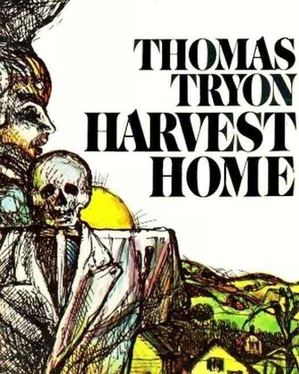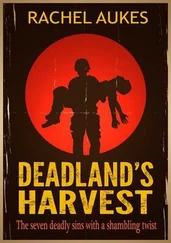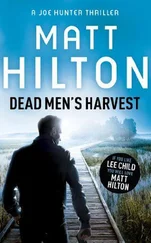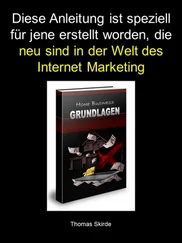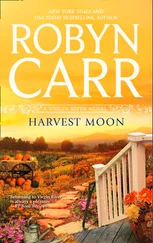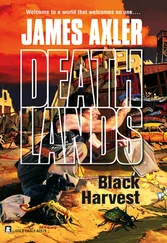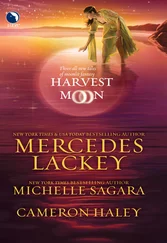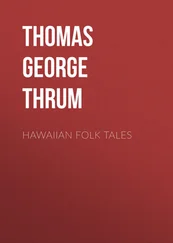In its unpredictable, New England way, the weather turned fine again. The following Saturday I engaged Worthy’s assistance and together we went about dealing with the chimneys. We laid old sheets at the bottoms of the fireplaces, covered the mantels, then got up on the roof. Using safety ropes, we fished a heavy chain down the chimney and flailed it about, loosening the soot and unclogging the flues.
The Dodds had returned the night before, and I called down to Maggie, who was planting bulbs on her side of the hedge; after a while she brought Robert out to enjoy the sun in a lawn chair and they talked while she gardened. When Worthy and I came off the roof before lunch, we carried away the sheets and emptied them in the trash, then cleaned up at the kitchen sink. While we handed the bar of Lava soap back and forth, I reminded him of the leaking sink in the studio, which he had neglected to take care of.
We had calf’s liver for lunch, and when we had eaten, Beth drove over to Mrs. Green’s to pick up a quilt. I paid Worthy and sent him along, then walked down the drive to the studio. I closed the door behind me and sat, bemused, on my stool. The thing I was thinking about was in the room, but for the space of a quarter of an hour I did not look at it. Finally I went to one of the racks and took out the sketchbook I had used at the fair. I nipped through the pages until I found what I was looking for: the drawing of Missy Penrose’s doll. I stared at it for some time, then, placing the pad on the drawing board, I drew a shoebox down from the top shelf, where I had hidden it. I removed the cover and placed the doll from Justin’s cornfield beside the sketch and compared the two images.
Both had corncob bodies, both had huge eyes secured in the straw head, straw legs bunched together with raffia ties, and tattered bits of rag that passed for garments. The doll was just a child’s doll, but the other thing-I stared down at the strange, eldritch face, again trying to comprehend its being. It was clearly meant to represent the female figure, for attached to the cob body were large protuberances passing for breasts, and its sex was clearly denned by a deep cleft between the legs.
What was it? Whose hand had fashioned it? Recalling a section in one of my reference books, I found the volume and turned to “Primitive Art,” my eyes scanning the pages: a grotesque figure of a painted clay effigy vessel, possibly representing the goddess Demeter; another, a contemporary doll of the Angolese, representative of the fertility rites practiced by primitive agrarian societies; a giant basalt head found in Mexico, believed to represent Coatlicue, the great Mother Goddess, destroyer of men; an ivory doll carved by an Eskimo, the figure of a shaman or tribal priest; a Pueblo Indian kachina doll with wooden body, dressed in cloth and feathers; a Mayan stone face found in Honduras; a god of the ancient peoples of Oceania; a carved relief of a female, dug up in France, and believed to be the object of worship of the ancient Celts. All, as the accompanying text explained, manifestations in the different cultures of a similar deity, that Earth Mother who was older than Rome or Greece, older than Crete, than Babylon or Egypt; as old as the dawn of time.
I turned back to the drawing board, comparing the images again. It was the eyes, mainly. In the sketch they had a blank, almost innocent gaze, but in the figure they seemed mysterious, even malevolent. All-seeing eyes, all-knowing. Omnipotent. Whose did they remind me of? There was a cruelty in their ominous stare, implacable, remorseless. Suddenly I felt a chill. Had I tampered with something I had no right touching, some witch doll or voodoo object one of the superstitious villagers had stuck in Justin’s field to cast a spell?
I whirled at the sound of footsteps. Worthy Pettinger stood hunched in the doorway, a wrench in his hand. “I forgot to fix the pipe-” He broke off and his face paled as he stared at the thing on the drawing board. “Where did you get it?”
“I found it.” He stepped back as though struck. “Can you tell me what it is?”
“Where did you find it?”
“In a field.”
“Where?”
“At Justin Hooke’s.” The wrench clattered to the floor; I picked it up. “Have you ever seen one before?”
“No. I never.” A whisper as he backed away to the door. “You got to get rid of it.”
“What is it?”
“I-don’t know. Does anyone know you took it?”
“No. I don’t think so.” I lifted it, shook it, heard a swift intake of breath from Worthy. I put it in the box and set the lid on. “I’ll burn it.”
“No! You can’t burn the corn-it’s got to go back into the ground. Bury it.” Snatching up the box, he ran from the studio. When I stepped out, I saw him taking a spade and hurrying behind the garage, the box under his arm.
He dug the hole under a clump of bushes close to the hedge separating our property from the Dodds’; he shoveled the box deep into the soft ground, covered it, and jumped on the earth with his feet. Then he scattered leaves and twigs over the spot. When he finished, he leaned on the spade handle, sweating and wiping his mouth, his eyes riveted to the newly covered hole.
I waited another moment, then spoke. “Worthy, tell me what it is.”
He took a breath and seemed to recover himself. “I don’t know,” he said with an offhand shrug. “Just some crazy thing.” He sounded sheepish. “I guess I got carried away. Well, long as it’s there I suppose we can leave it. Nobody wants a crazy-looking thing like that anyways.” Still he could not disguise the urgency in his voice.
I looked at him coolly. “Missy Penrose might.”
“Huh?” He looked up sharply.
“She has one like it. A corn doll. You’ve seen it, surely.”
He shrugged again. “Oh, sure, that. Lots of the kids do. ‘Gagas,’ they’re called. Just poppets.”
“You don’t care for Missy much.”
“Sure, she’s O.K.”
“Can she prophesy?”
A dark look had come over the boy’s face, the blood rose to his cheeks. He fell silent, absently chopping with the tip of his spade along the edge of the flower bed closest to the hedge. His shoulders hunched, his mouth assumed a grim line.
“Worthy, I’m asking you something.” Still no reply. “You don’t want to be in the play, do you?” He waited; silence. “ Do you?” I stepped to the boy and spun him around. “Answer me, damn it.”
“No, I don’t!” He spat the words hotly. “It doesn’t matter anyway-I won’t be here!”
“Why not?”
He yanked his shoulder from under my hand and his dark eyes flashed angrily. “Because I’m leaving. I hate this town, and I hate the people in it. They’re fools, all of them.”
“Why?”
“Because they think that what they think is the only way to think. They think if you plow a field you should use a mule, not a tractor. Mules are the old way, and wooden rakes are the old way, and hoes are the old way, and that’s all you hear around here-the old ways. I don’t want to be a corn farmer.”
“Corn seems inevitable in this place.”
“Not for me. Nothing to do but plant corn, nothing to talk about but harvesting corn. And their Spring Festival and their Midsummer’s Eve and their husking bee.” His voice rose in pitch, then broke, and when he spoke again it was with a softer tone.
“Honest, Mr. Constantine, I got to get out of here. I’ve got to get away.”
“One-horse town?”
A trace of a smile. “Sort of. You know. A fellow gets feeling cooped up in a place like this. I never been anywhere farther than Danforth.”
“Will you go there-to your friends?”
“That’d be the first place they’d look.”
“Who?”
Читать дальше
